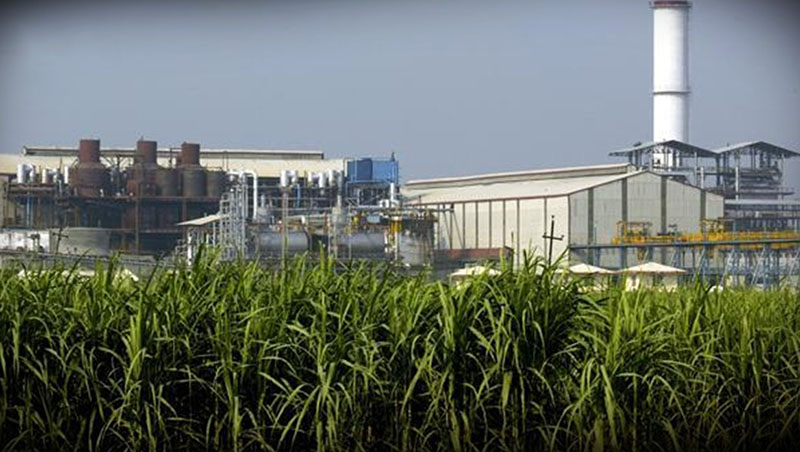KOLHAPUR/PUNE: A cooperative sugar mill in Kolhapur district of Maharashtra has taken the lead in producing fuel grade ethanol directly from sugarcane juice in the state, a senior official said on Thursday.
The Centre had in July last year allowed sugar mills to manufacture ethanol directly from sugarcane juice or intermediate product called B-molasses.
The decision was taken to help mills divert cane juice for ethanol manufacturing during surplus years.
Maharashtra sugar commissionerate’s joint director Sanjay Bhosale told PTI that Kolhapur’s Tatyasaheb Kore Warana Sahakari Sakhar Karkhana Ltd is the only cooperative sugar mill in the state which has started making ethanol from sugarcane juice.
Traditionally, in India ethanol is made from ‘C-Heavy’ molasses, but in July last year, the government gave permission to make ethanol from sugarcane juice and ‘B-Heavy’ molasses or B-grade molasses, he said.
“A miller can do a minimum modification in the equipment to make ethanol from B-Heavy molasses. But in case of ethanol from sugarcane juice, the mill would have to go for changes in the machinery. That is why no sugar mill was ready to go into that direction, but Warana has shown the courage,” Bhosale said.
The fuel grade ethanol that is produced directly from cane juice is fetching Rs 59 per litre. This is going to be beneficial for the sugar industry that is facing crisis of excess stock of sugar, Warana co-operative group chairman and former minister Vinay Kore said.
The Kolhapur-based sugar mill is producing 70,000 litres of ethanol per day, another factory official said.
The government allowed fuel grade ethanol production from sugarcane juice with an aim to increase the earnings of sugar mills and help them in making full and timely payments to farmers.
Cane-based ethanol can be produced in three different ways directly from cane juice, from B-grade and C-grade molasses. Molasses is a viscous product obtained from raw sugar during the refining process.
Maharashtra is one of the leading sugarcane producing states.
Sugar mills in the country were incurring losses as prices fell below the production cost on account of record output as against the annual domestic demand. PTI







